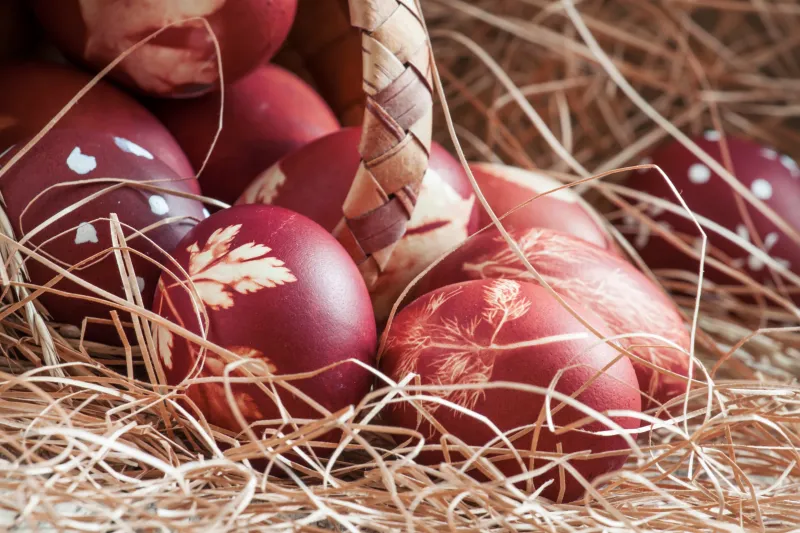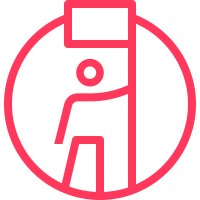
Easter holidays is the official opening of the touristic season and the island begins to welcome domestic and foreign visitors in warm festive mood. If you choose to visit Crete during Orthodox Easter holidays, the most important holiday in Greece, you will have the chance to dig into the overwhelming spiritual mood and take part into essential religious festivals and local customs.
The spectacular Greek Orthodox Easter (Paska), meaning Passover, is about living the Passion and Resurrection of Christ in a period of the nature in blossom marked by different events and customs each day.
The sweet melancholic atmosphere of the Holy Week is a source of inspiration everywhere you go but especially in picturesque Cretan villages, the unique Easter-time environment to experience the local scent and hospitality.
Moreover, Easter in Crete is family holidays, the annual opportunity for friends and relatives to reunite and strengthening bonds through the Feast of the Ascension. Cretans are religious people and their ritual traditions are very intense in all areas of the island.
The preparations for the celebration of the Resurrection start on Maundy Thursday where the housewives traditionally bake the Easter cookies and "kalitsounia" (Cretan sweet cheese pastries) and dye eggs with special red dyes to honour the blood of the crucified Christ. Easter red dyed eggs is an ancient custom influenced by practices in "pre-dynastic period in Egypt and early cultures of Mesopotamia and Crete.
Good Friday is the day of mourning and strict fasting; during the day church bells ringing mournful, no music should be played, no work should be done and local women and young girls gather to decorate the Epitaph and church with flowers. In the evening the Epitaph circumambulation takes place around the village or town, followed by a mass with funeral chants and people holding candles and lanterns.
Black Saturday is a preparation day for the festive dinner of the Resurrection night, since the Resurrection Mass (Anastasi) is the most important religious event of the year for the orthodox people. During the celebration mass, the church is darkened by extinguishing all candles and lamps until the solemn moment where the priest lights his candle with the Holy Flame that passes from candle to candle and fills the church with light, a symbol or the triumph of the light against the darkness.
The resurrection is marked by kisses and greetings of ‘Christos Anesti; Alithos Anesti’ (Christ has Risen; Indeed he has Risen), and fireworks, lots of fireworks! Usually in villages, children have prepared outside the church a bonfire and an effigy of Judas to burn after the midnight mass. Afterwards, people go home and gather around the rich festively laid table after taking part in the funny cracking of red-dyed eggs game.
Easter Sunday is an all-day fun marked by the tradition of spit-roasted lamb, a time that once again family and friends usually get together for a big party.



Airbnb superhost since 2014

Hellenic Association
of Travel & Tourist Agencies
